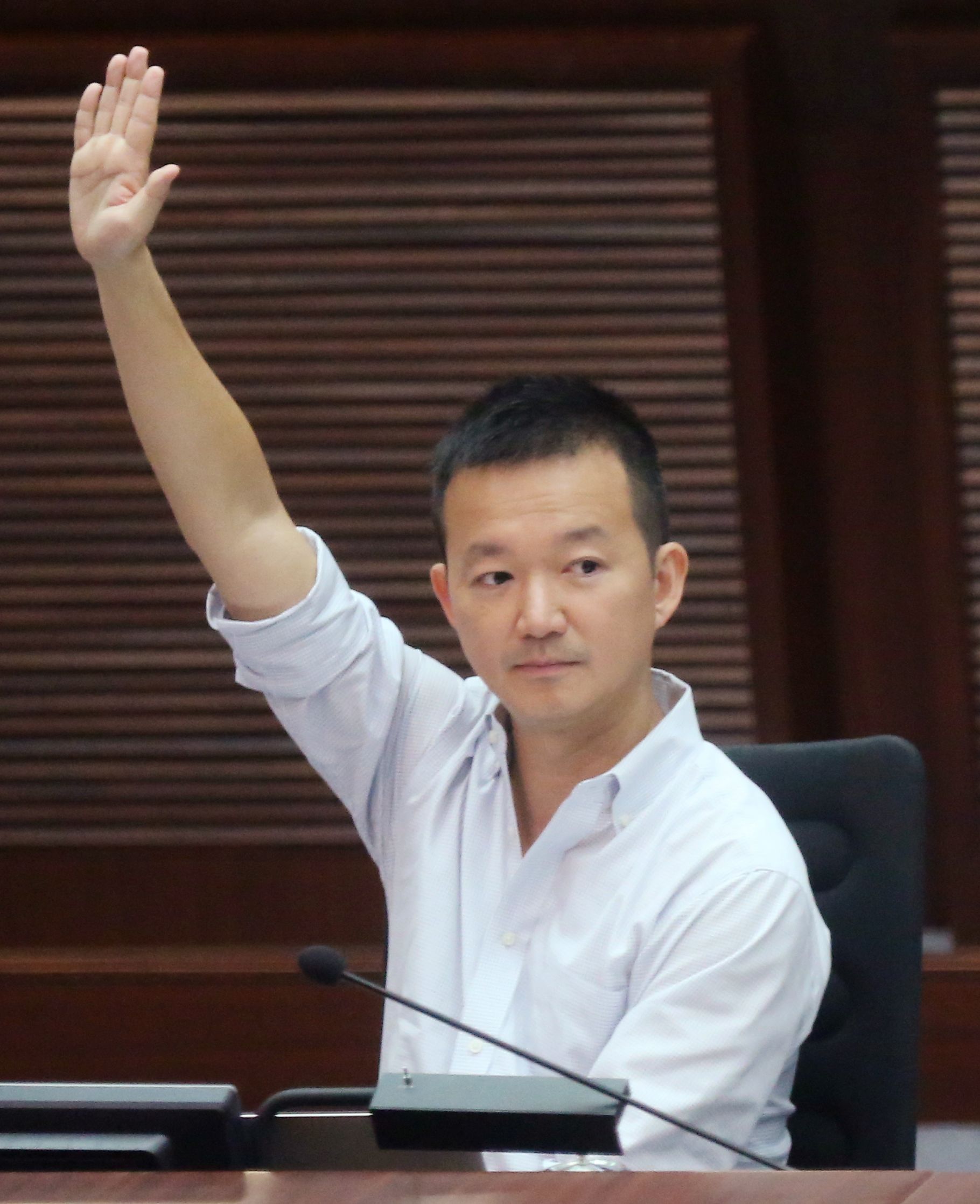
Love Wins: The Road to LGBTI Equality in Hong Kong—and Around the World
It’s here! Sunday, September 25 marks the third edition of Pink Dot HK, a celebration of diversity in support of LGBTI communities in Hong Kong and all over the world. This year’s theme, “Love Wins,” is a reminder that in the end, love really can conquer all.
We take a look at other places around the world where, despite often enormous odds, love is winning.
China

Q: What are the main challenges of being gay in Chinese society?

A: I would say the biggest difficulty in the region would be the uneven protection across China for the rights of LGBTI people, which are part of the human rights of every Chinese citizen. Hong Kong and Taiwan fare a bit better in terms of equal protection under the law. However, there are still lapses. Hong Kong still lacks legislation to ban discrimination based on sexual orientation and sexual identity.
— Raymond “Slow Beat” Chan, Hong Kong’s first and only gay legislator
Read More: Everything You Need To Know About Pink Dot 2016
Nepal

Q: What’s the next step for trans acceptance in Hong Kong?

A: Our next step should be to review the criteria of gender recognition laws. Trans people who desire different degrees of bodily modification should be treated equally. I also hope that gender boxes will not be a requirement to understand a person. Everyone, no matter how they identify themselves, should be treated equally—just as humans.
— Siufung Law, genderqueer bodybuilder and advocate
Read More: Singer and LGBTI Activist Anthony Wong Yiu-ming Says He Doesn't Want to Be a Gay Icon
Vietnam

Q: What are your hopes for trans rights in Hong Kong and Southeast Asia?

A: Anti-discrimination and gender recognition legislation, as well as marriage equality, are the top priorities for trans rights in Hong Kong and in Southeast Asia. And yet I hope that discrimination can be eliminated through more understanding, rather than legislation.
— Joanne Leung, Chairperson, Transgender Resource Center
Read More: Alex See of LGBTI choir The Harmonics on the City's Gay Community and Being a Better Ally
Colombia

Q: How far is Hong Kong from legalizing same-sex marriage?

A: There are some very interesting situations bubbling away under the surface of Hong Kong at the moment that could have ground-breaking effects for the LGBTI community. Two of these are legal cases that are defending same-sex couples’ rights to be recognized as such. If they are won, which we hope and expect they will be, then the law will have to be changed. It is a fight that must be fought in all possible ways, though. By breaking down the barriers of misconception, engaging in conversation and working together, the journey will be much easier. It is going to be a long struggle, but I believe that we will get there.
—Philip Howell-Williams, Director, Pink Season HK
Mozambique

Q: Hong Kong’s discrimination ordinance doesn’t include LGBTI people. How do we help to change that?

A: Large organizations, like some of our sponsors for Pink Dot, have diversity departments that have budgets! These are big financial and law firms. In Hong Kong, they are actually the ones saying that you cannot discriminate against an LGBT person. They’re the ones that make Hong Kong run, so they’re the ones that can pressure the government.
—Betty Grisoni, Co-Director, Pink Dot
Hong Kong

How have LGBTI rights been doing in the past few years in Hong Kong? For the past few years, public opinion towards equality and LGBTI issues has been a lot more open and accepting. But when it comes to legislation, we’re still stuck with no progress whatsoever. In the last four years we’ve been talking about legislation for the Sexual Orientation Discrimination Ordinance (SODO), and the Equal Opportunities Commission has published reports saying that mainstream opinion in society is supportive, but the government remains stationary.

How did you come up with Pink Dot? Pink Dot was my idea three years ago. I saw that it was very successful in Singapore and thought that in addition to the annual Pride Parade, we could have another event that’s softer, and targets not just LGBTI people, but also our friends, family, and straight allies. This year’s theme, “Love Wins,” comes from some American LGBTI rights advocacy groups, when they fought for legalizing same-sex marriage last year. By using it here, we hope Hongkongers can realize LGBTI people should be entitled to the same rights as straight people.

This is the third edition of Pink Dot. What do you hope to see in a year from now? It’s hard to predict, but of course we hope that SODO will be passed, or at least opened for public consultation. For marriage rights, even if there can’t be same-sex marriage in Hong Kong right away, we hope we can discuss the possibility of civil unions or other ways to bring our rights closer to those of heterosexuals.
What can straight allies do to help? Come to Pink Dot! Other than that, we at BigLove Alliance have many campaigns throughout the year, and we welcome everyone to come volunteer for us to spread our message of inclusiveness. If the message stays only within our community, it’ll never get out.
Find out more on biglovealliance.org.

